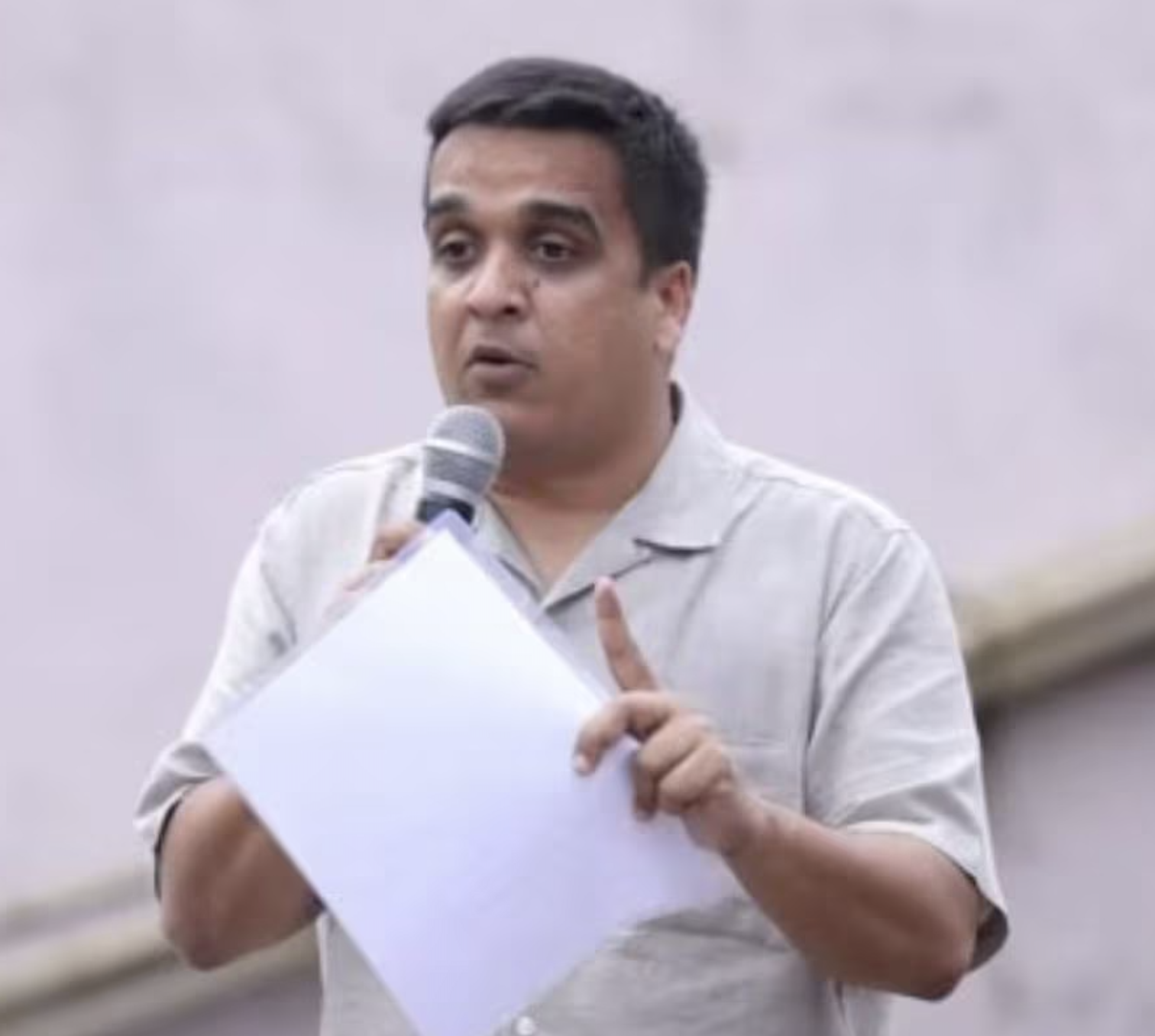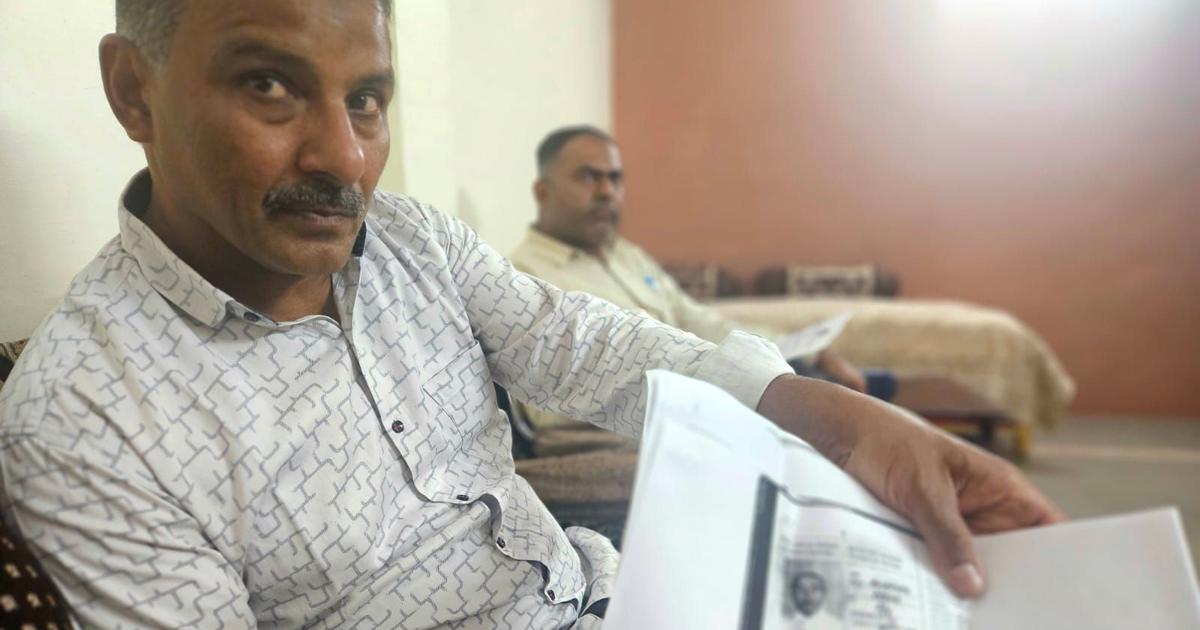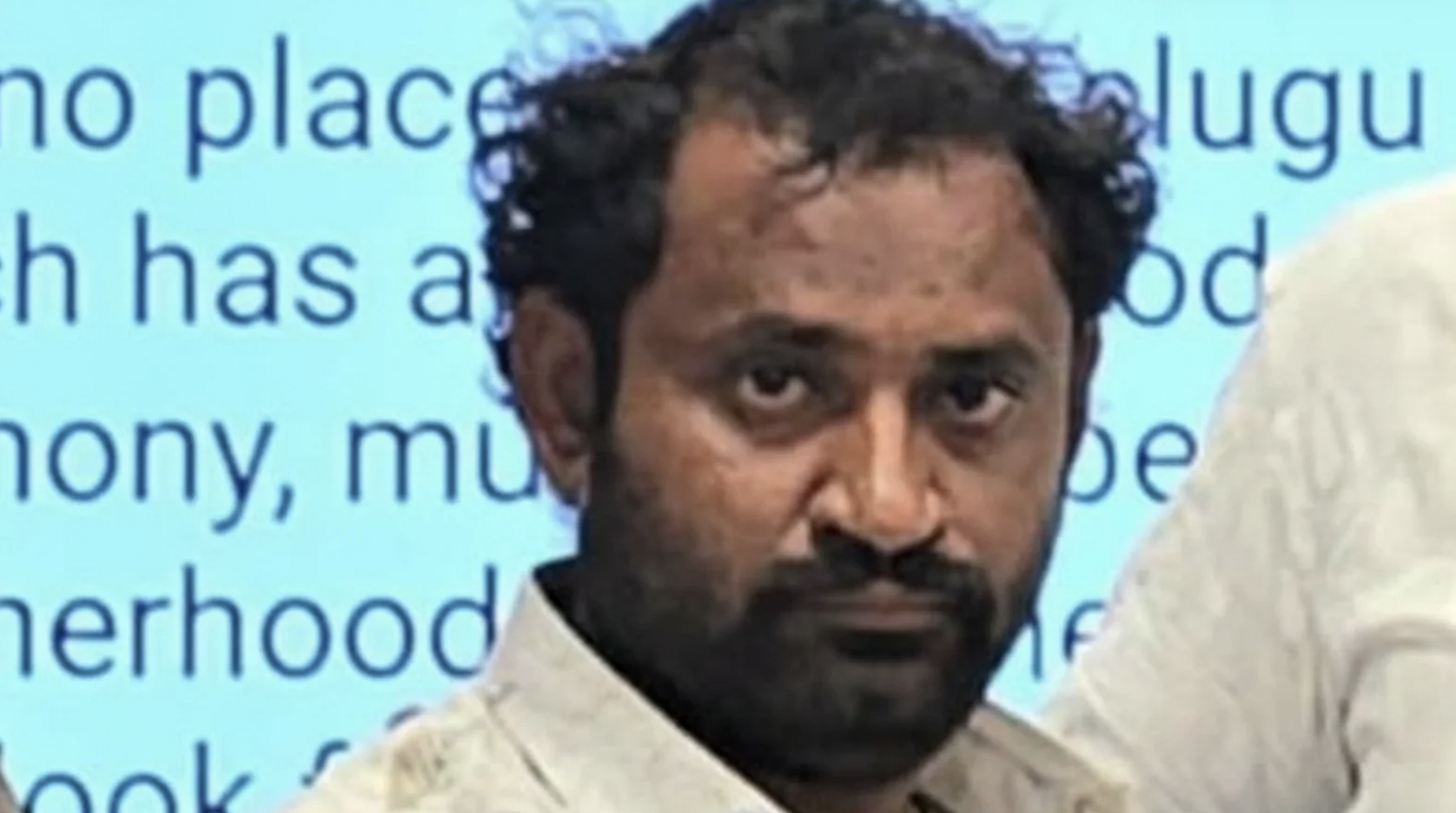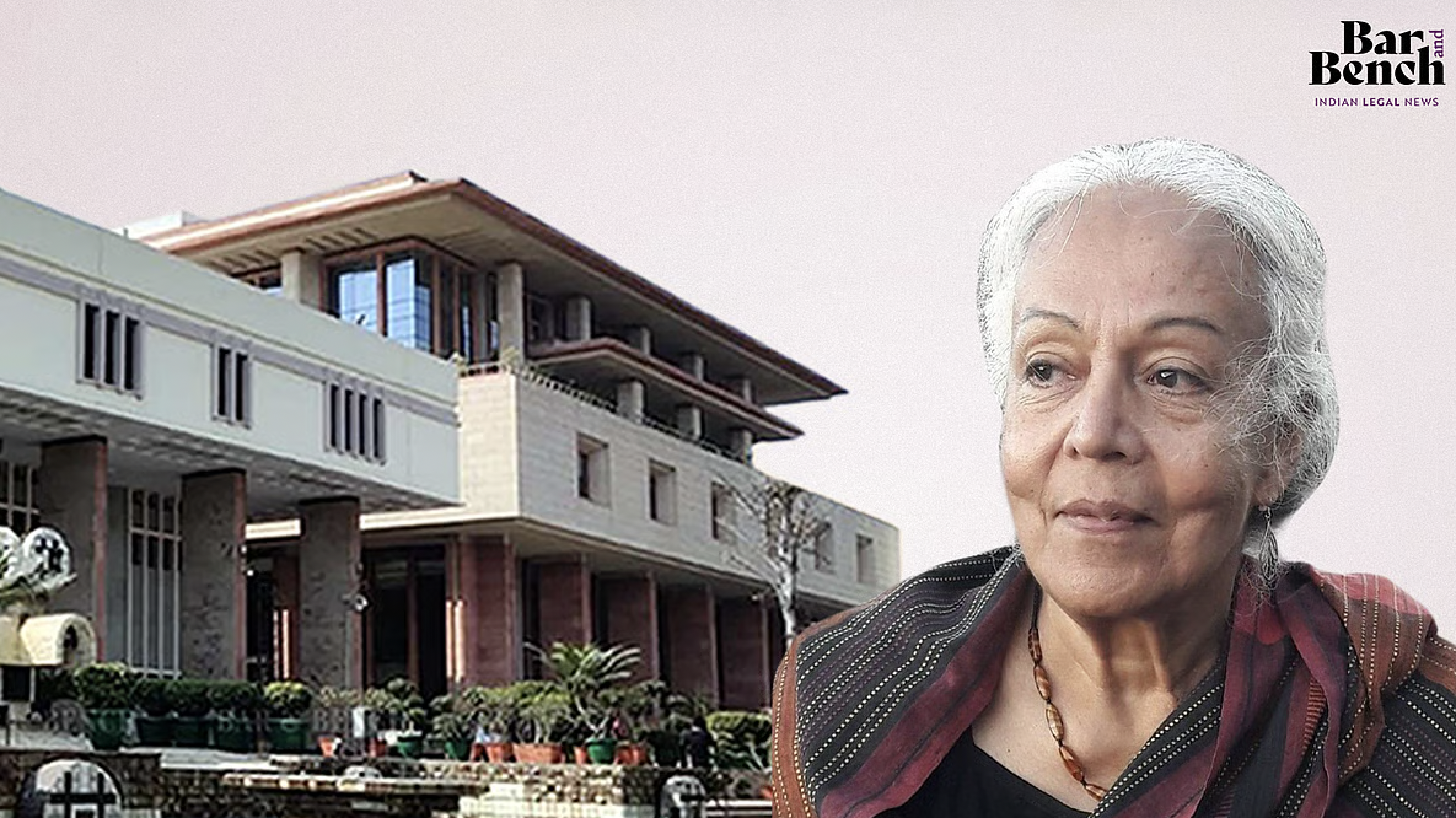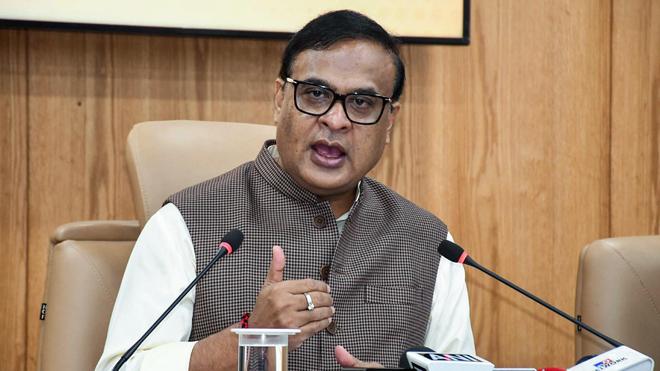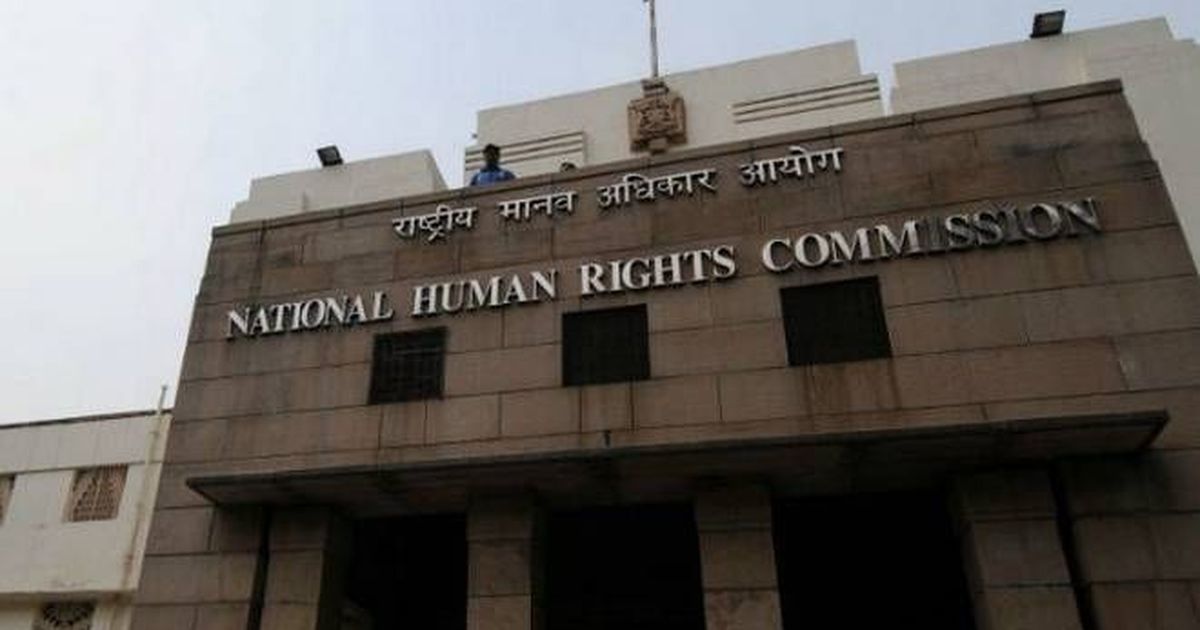
By The Wire Staff
New Delhi: The Geneva-based United Nations-linked Global Alliance of National Human Rights Institutions’ (GANHRI) sub-committee on accreditation report (SCA) has recommended downgrading India’s National Human Rights Commission (NHRC) from category ‘A’ to category ‘B’. This is the first time in its history that NHRC’s status has been downgraded.
The recommendation, made during the GANHRI’s 45th session held in March, cited concerns including the involvement of police officers in investigations that may impact its impartiality, the capacity for the government to make a senior civil servant the secretary general, and has recommended that the NHRC is independently able to recruit candidates for the position.
It has also recommended transparency in the selection process of the members of the commission including one that reflects pluralism. It has said that the NHRC should address all human rights violations and expressed concern that the body has not addressed the “shrinking civic space and increased instances of targeting human rights defenders, journalists and perceived critics”.
“In view of the information before it, the SCA is concerned that the institution’s independence and effectiveness has not been sufficiently maintained in line with the requirements of the Paris Principles,” the report said.
The SCA report also said that the NHRC had been under review since 2023 and had deferred accreditation to the body for two consecutive years. While the downgrading of its status has now been recommended, such a recommendation does not take effect for a period of one year. This means that the NHRC will maintain its ‘A’ status till the 47th session scheduled for 2026 and provides the body with the opportunity to establish its conformity with the Paris Principles.
Notably, GANHRI is a body of 120 members, of which 88 countries have ‘A’ status accreditation – said to be “fully compliant with the Paris Principles” – while 32 have ‘B’ status” – which are “partially compliant with the Paris Principles”. The Paris Principles were adopted in 1993 by the UNGA.
The SCA has flagged the involvement of police officers in investigations of human rights violation cases and said that it “poses a concern about the perceived or real conflict of interest in having police officers seconded from government engaged in investigations of human rights violations including those committed by police.”
The SCA also noted that the secondment of police officers to act as investigative staff may impact on the NHRC ability to conduct impartial investigations as well as the ability of victims to access human rights justice.
This story was originally published in thewire.in. Read the full story here.


